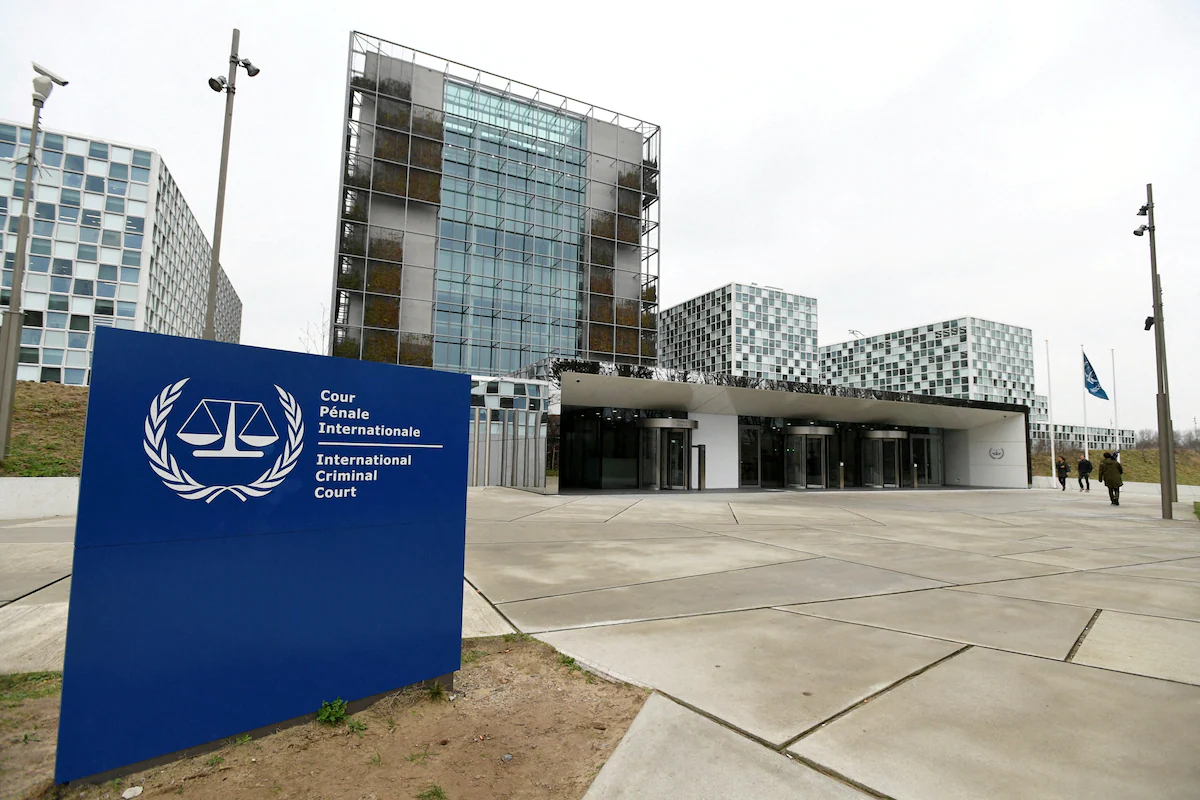In a continuation of its friction with the International Criminal Court (ICC), the Trump administration announced on August 20, new sanctions targeting four court officials for advancing investigations into alleged war crimes by U.S. and Israeli nationals. State Department sanctions now freeze any U.S.-based assets of Judges Kimberly Prost (Canada) and Nicolas Guillou (France), alongside Prosecutors Nazhat Shameem Khan (Fiji) and Mame Mandiaye Niang (Senegal). Secretary of State Marco Rubio condemned their actions as unauthorized attempts to hold U.S. and allied personnel accountable without national consent, framing the ICC’s efforts as a threat to sovereignty and regional alliances.
Rubio emphasized that the measures are designed to defend both U.S. troops and its allied nations from what he cited as “illegitimate and baseless actions” by the court and reaffirmed that further steps would be taken if necessary.
These sanctions mark a further escalation of U.S. policy. Members of the ICC have already accused Israel’s Prime Minister Benjamin Netanyahu and former Defense Minister Yoav Gallant of war crimes in Gaza, a move that triggered a wave of opposition from Washington. In particular, Guillou’s sanction stems from approving arrest warrants for Netanyahu and Gallant, while Prost’s relates to authorizing a probe into U.S. military actions in Afghanistan. Khan and Niang maintained these investigations, fueling additional retaliation from the U.S.
This move builds on a history of confrontation between the U.S. and the ICC. President Trump issued a sweeping executive order in February 2025 permitting asset freezes and visa bans against ICC officials and anyone aiding investigations into U.S. or allied nationals, citing national security concerns. The sanctions follow similar actions from Trump’s first administration, although these were lifted by the Biden administration upon taking office in 2021.
The international response has been swift. The ICC strongly denounced the sanctions, declaring they undermine its judicial independence and ability to deliver justice to victims globally. A host of member nations, including the EU and bodies like the United Nations, voiced dismay, characterizing the U.S. posture as a dangerous erosion of rule-of-law mechanisms.
From congress to civil society, critics argue these sanctions pose a chilling threat, not just to the ICC’s operational integrity but to the broader ideal of international justice. Human Rights Watch argued that pressuring the court may rob victims especially in conflict zones from the only recourse available to pursue accountability.





